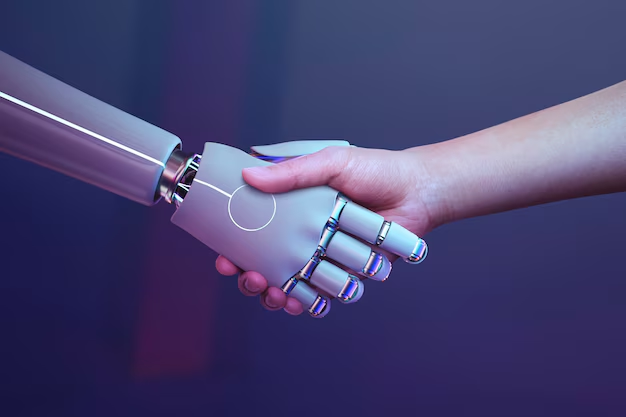Artificial Intelligence (A.I.) has advanced to the point where it’s being used in various fields, including emotional support. Virtual companions, chatbots, and other A.I.-driven tools are being developed to provide comfort and guidance to individuals experiencing mental health challenges. However, while A.I. holds promise, the risks and ethical concerns surrounding its use as an emotional support tool cannot be ignored.
Lack of Genuine Empathy
A.I. systems are based on algorithms, data, and programmed responses. They can simulate empathetic language and offer support in the form of encouraging words, but they cannot experience emotions themselves. True empathy, which involves understanding, feeling, and responding to another person’s emotional state, is a critical component of emotional support that A.I. cannot replicate. As a result, individuals seeking emotional comfort may not receive the depth of understanding and connection that human interaction provides.
Potential for Over-reliance
The convenience of A.I.-based emotional support tools can lead to individuals becoming overly dependent on them. Some may choose to interact with these systems instead of seeking help from human therapists, friends, or family members. This over-reliance could have negative consequences, as it may prevent individuals from developing meaningful relationships and coping mechanisms. Human connection and support are vital for emotional well-being, and relying solely on A.I. could undermine those essential aspects.
Privacy Concerns
A.I. systems often collect vast amounts of data from their users to improve their performance. When it comes to emotional support, the sensitivity of the data involved (such as mental health history, personal experiences, and intimate feelings) raises significant privacy concerns. If A.I.-based systems are not adequately secured, there is a risk that this sensitive information could be accessed by unauthorized parties, leading to potential misuse or exploitation.
Imperfect Responses
While A.I. systems can analyze patterns and provide recommendations based on data, they are not infallible. In complex emotional situations, such as those involving trauma or severe mental health crises, A.I. may provide responses that are inappropriate or insufficient. This could lead to individuals receiving inaccurate guidance, further exacerbating their emotional distress.








